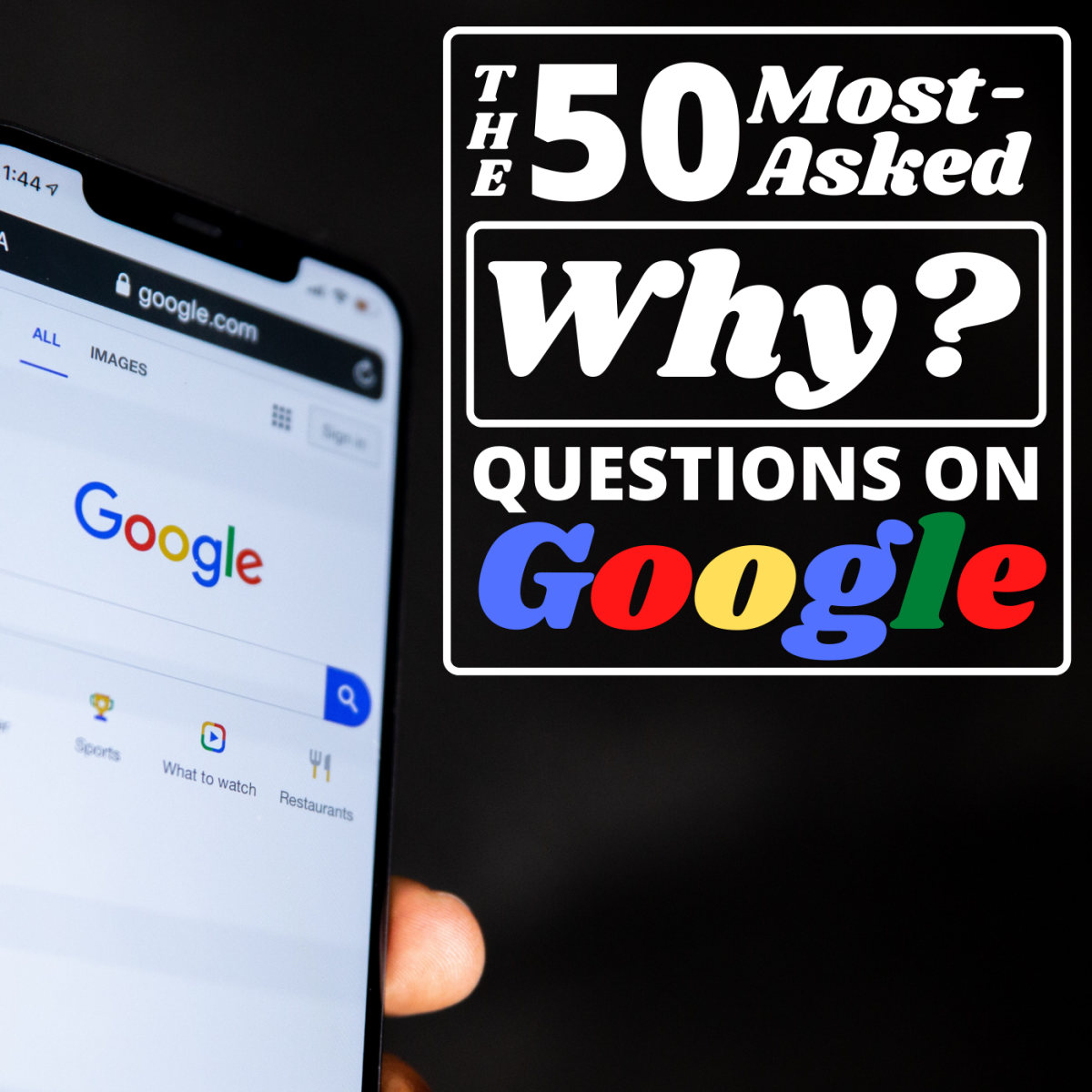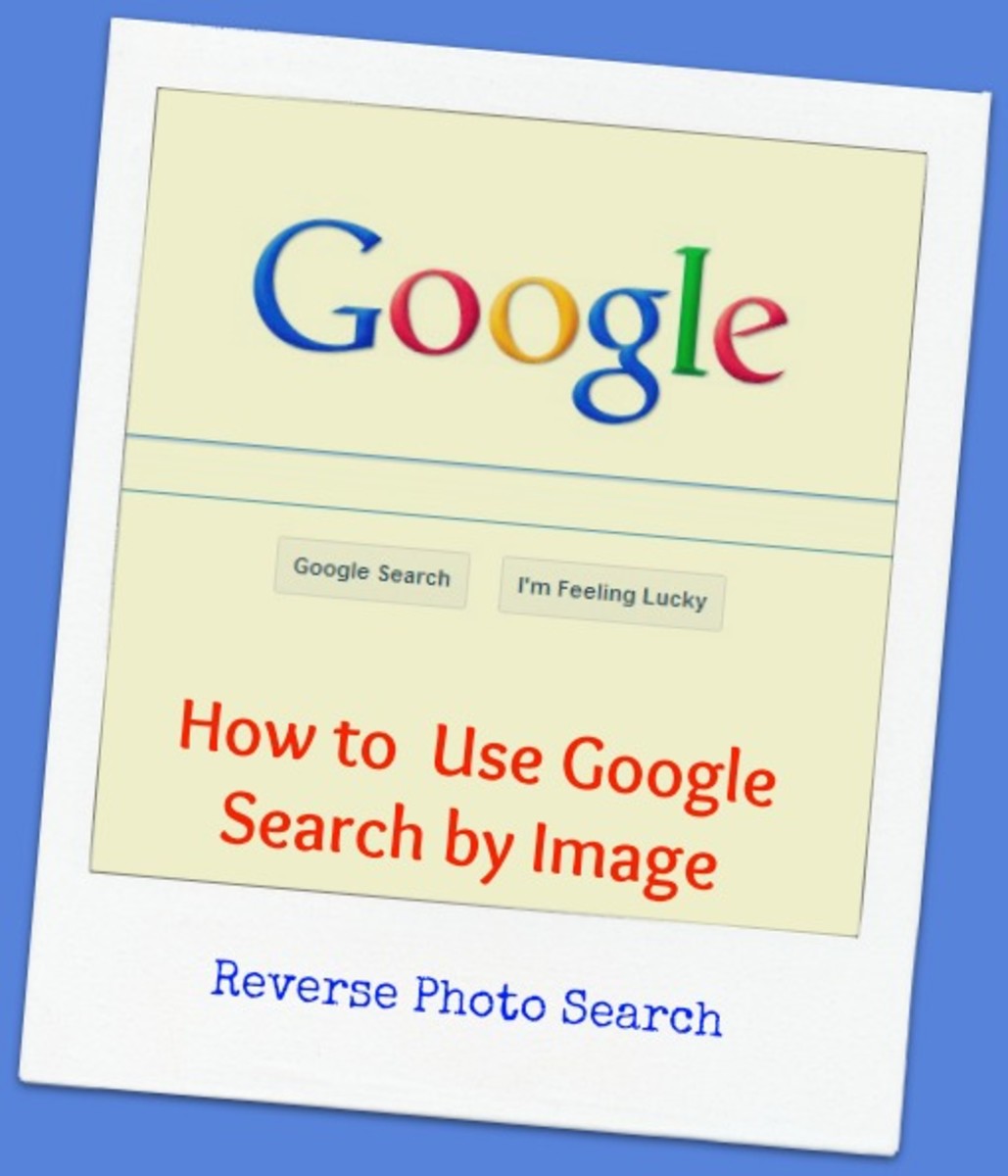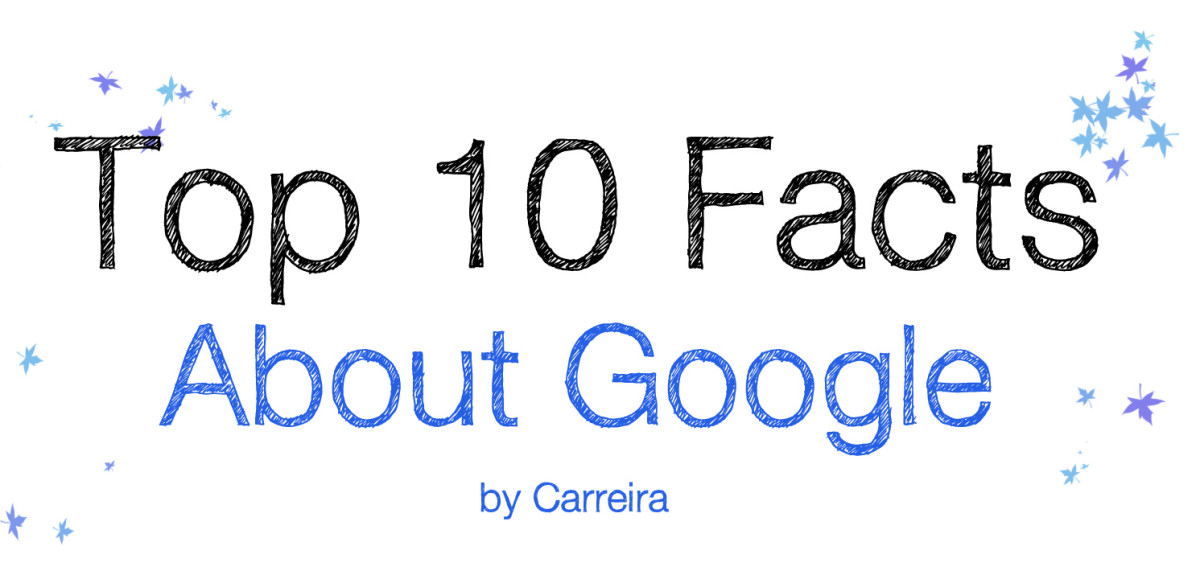What are Meta Tags - Search Engine Optimization for Beginners
Header Tags for SEO
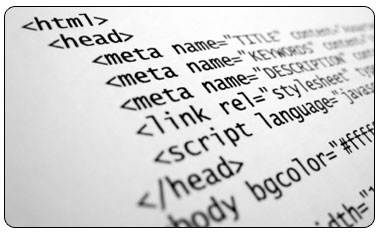
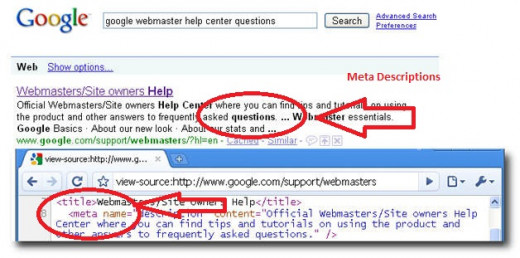
Why Meta Tags are important for Search Engine Optimization
Even wondered what Meta tags are and how they could be optimized for better search engine performance? Head tags in HTML are important SEO attributes to optimize your page for web.
Meta Tags are very important signals for Search Engines and Users to tell them what the HTML page is all about. It is a tool to inform the browser about the page content, language and other attribute. Meta tags are also vital for informing search engine crawlers how you want your page to be indexed and control link behavior.
Meta tags are parsable text used between the header tags of an HTML page to inform the browsers about the page. In layman terms a Meta Tag is a simple “explanation” of the page so a browser can understand it.
Snapshot of Title Tag in Search Result
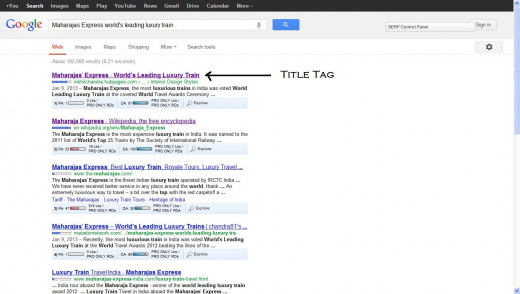
Test Yourself - Title Tag
view quiz statisticsTitle Tag - SEO Basics
How to Optimize Title Tags for Search Engines
What does it look like?
<title>Important keywords and key phrases Go Here </title>
Not many people are aware that although appearing in the head section of the page, Title tag is not a Meta tag. The title tag as W3C tells us is a required element as opposed to the Meta tags which are optional.
Title tags are the most important element of a page from the point of view of search engine optimization. Every page of a website is unique and every page should have a unique compelling title copy.
The best practice when writing Meta tag is to start it with the most important keyword through which you want to target your user.
Best practices for writing title tag:
- Your title tag should ideally be 66 characters long (with spaces)
- Use Pipes or dash to separate important keywords, key phrases
- Don't duplicate your title tags
- Don't use double quotes as search engines may truncate the result at the occurrence of double quotes
- Do keyword research and create relevant, crisp and concise title tags
- Don't stuff your title tag with keywords. Make it meaningful and understandable by humans
Snapshot of Meta Description Tag in Google Search
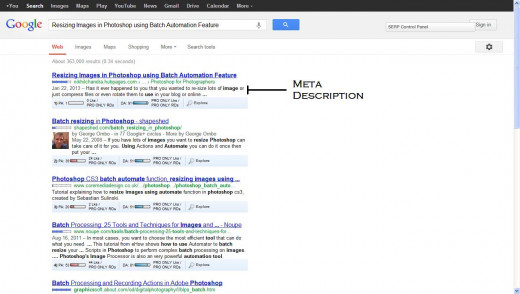
Test Yourself - Meta Description
view quiz statisticsMeta Description Tags - SEO for Beginners
The Description Meta Tag
What does it look like?
< Meta name="description" content="Compelling AdCopy Here">
Meta descriptions are not a search engine ranking factor but play an important part in enticing users to click on your page when they query on search engines.
Treat your Meta description as you would your Ad Copy when creating PPC campaigns. Your meta description should tell your reader what the page is all about and why should they visit that page and prefer it over another page which are showing in search result.
- If you have an offer, special deals, free tutorials, email subscription, you could let your user know so through your Meta description
- Relevant and crisp descriptions could significantly enhance click through rates (CTR) to your webpage
- Don't use quotation mark in your Meta description
- Ideally the length of your description should be 160-166 characters with spaces
- Use your keywords and key phrases in Meta descriptions as search engine highlight them in their result
- You may also leave your Meta description empty if you are targeting your page throgh many keywords especially long tails as in case of a blog
Meta Tag Keywords
Meta Keyword Tag - SEO Basics
What does it look like?
< Meta name="keyword" content="important words here">
This tag is mostly outdated and not a factor in search engine ranking. Only Bing and Yahoo use them to determine spam. These days Meta keyword tag works only as a way to tell your competitors about the keywords for which you are optimizing your page. Don’t use this tags is what I’ll advice.
Meta Charset Tag
Charset Meta Tag - Optimizing Header Tags for SEO
What does it look like?
< Meta http-equiv="Content-Type" content="text/html; charset=UTF-8">
All sites must validate charset. In the U.S., that is the UTF-8 tag. It needs to be on your page if you're delivering HTML using English characters.
Test Yourself - Meta Robots
view quiz statisticsMeta Tag Robots - SEO Basics
Meta Robot Tag - Optimizing your page for Web
What does it look like?
The robots Meta tag lets you specify that a particular page should not be indexed by a search engine or if you do or do not want links on the page followed.
1. < META NAME="ROBOTS" CONTENT="NOINDEX, NOFOLLOW">
THis will tell search engine to keep your page out of their index and not to follow links on your page so that no link juice is passes
2. < META NAME="ROBOTS" CONTENT="INDEX, NOFOLLOW">
This will tell search engines to index your page but not to follow the links which are present on your page.
3. < META NAME="ROBOTS" CONTENT="NOINDEX, FOLLOW">
This will keep your page out of search engines index but links to other pages will be followed
4. < META NAME="ROBOTS" CONTENT="INDEX, FOLLOW">
This will let serch engine crawlers index your page and follow the links from your page to others so that link benefits will be passed to the pages you are linking to from your page.






